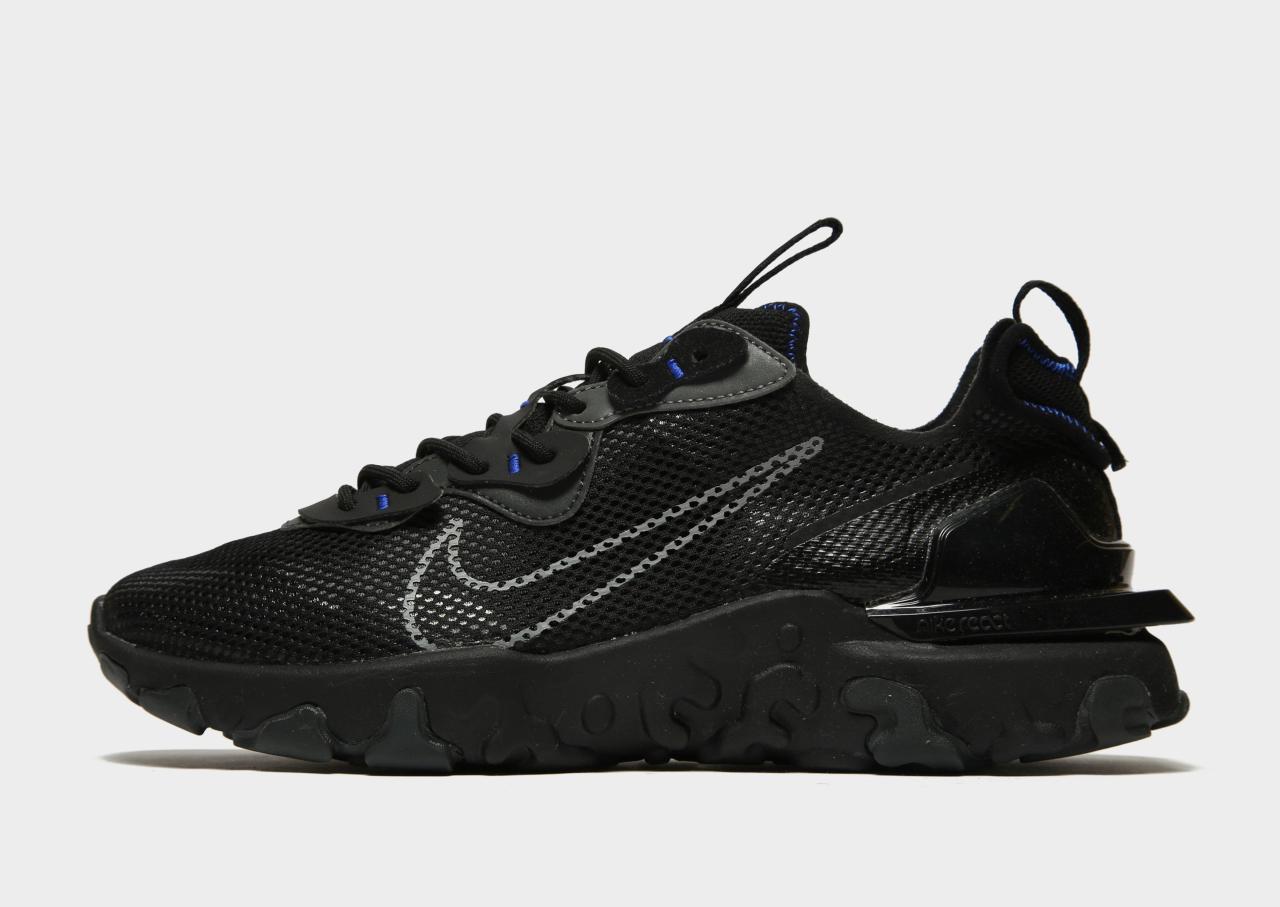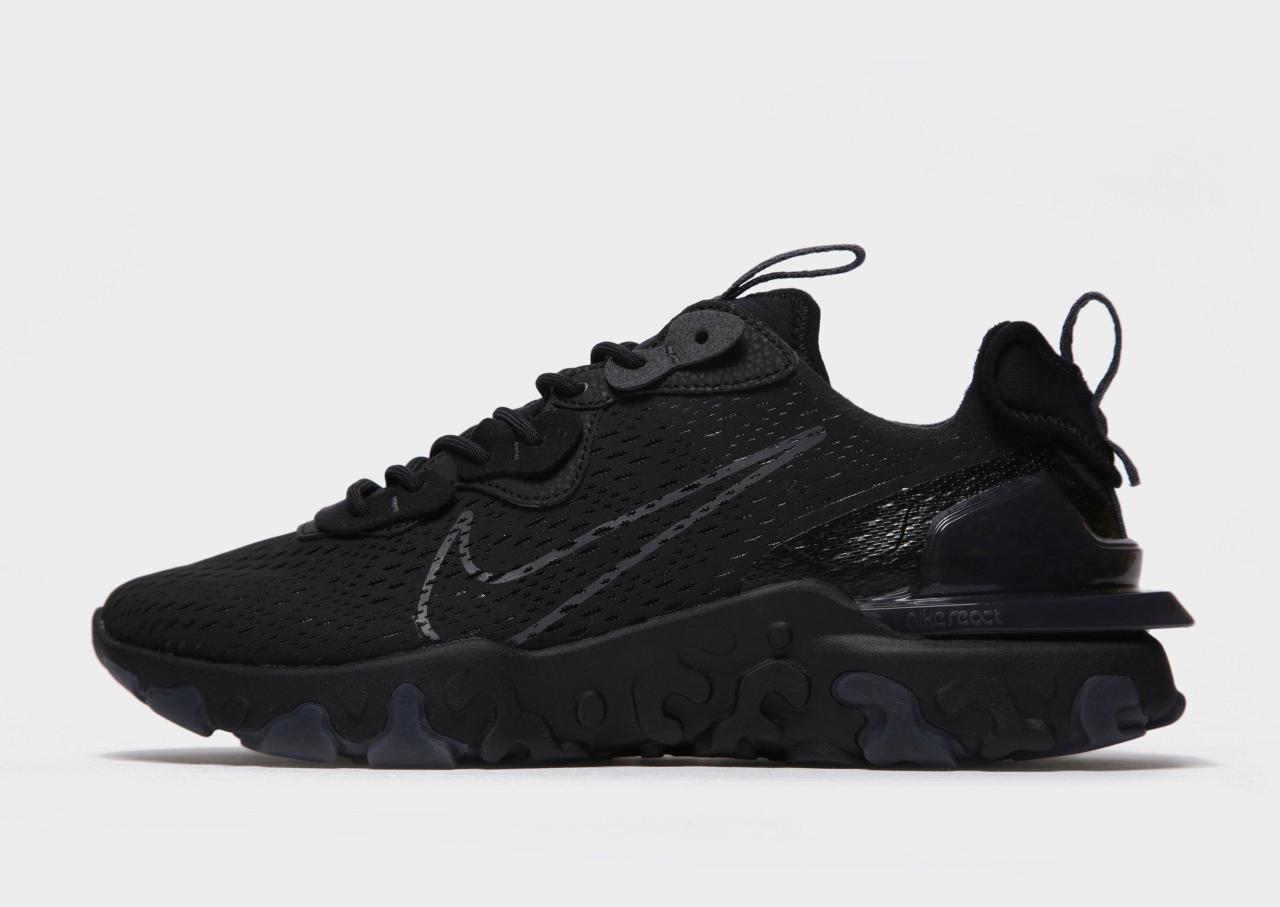Responds to an allergen crossword – In the realm of crosswords, the phrase “responds to an allergen” holds a significant place, encapsulating the crucial strategies and measures employed to manage allergic reactions. This comprehensive guide delves into the triggers, symptoms, identification, avoidance, and treatment of allergies, empowering individuals with the knowledge and tools to effectively navigate the challenges posed by these adverse reactions.
As we delve deeper into the intricacies of allergic responses, we will explore the diverse range of allergens that can elicit these reactions, from common triggers like pollen and dust mites to more obscure substances. Understanding the specific allergens that provoke your symptoms is paramount in developing personalized avoidance strategies, reducing exposure, and minimizing the impact of allergic reactions on your daily life.
Triggers and Symptoms of Allergic Reactions
Allergic reactions occur when the immune system overreacts to a foreign substance, known as an allergen. Common triggers include:
- Pollen from trees, grasses, and weeds
- Dust mites
- Pet dander
- Certain foods, such as peanuts, shellfish, and dairy products
- Insect stings
- Medications, such as penicillin and aspirin
Symptoms of allergic reactions can range from mild to severe and may include:
- Sneezing, runny nose, and itchy eyes
- Skin rashes, hives, and eczema
- Difficulty breathing, wheezing, and coughing
- Nausea, vomiting, and diarrhea
- Anaphylaxis, a life-threatening reaction that can cause shock and loss of consciousness
Allergen Identification and Avoidance

Identifying potential allergens is crucial for effective allergy management. Methods include:
- Allergy skin testing
- Blood tests
- Elimination diets
Once allergens are identified, avoiding exposure is essential. Strategies include:
- Limiting contact with known allergens
- Using air purifiers and dehumidifiers
- Vacuuming and dusting regularly
- Wearing a mask when mowing the lawn or gardening
- Avoiding certain foods or medications
Medications and Treatments for Allergies

Medications can provide relief from allergy symptoms. Common types include:
- Antihistamines
- Decongestants
- Corticosteroids
- Leukotriene modifiers
Immunotherapy, also known as allergy shots, is a treatment that gradually exposes individuals to increasing amounts of allergens to desensitize the immune system.
Emergency Response to Allergic Reactions: Responds To An Allergen Crossword
In the event of an allergic reaction, immediate action is crucial. Steps to take include:
- Administering an epinephrine auto-injector (EpiPen)
- Calling for emergency medical assistance
- Remaining calm and reassuring the individual
- Positioning the individual comfortably
- Monitoring vital signs
Carrying an epinephrine auto-injector is essential for individuals with severe allergies.
Lifestyle Modifications for Allergy Management
Lifestyle modifications can help minimize allergen exposure. Tips include:
- Staying indoors during high pollen seasons
- Using hypoallergenic bedding and pillows
- Showering after being outdoors
- Washing hands frequently
- Avoiding contact with pets or keeping them out of certain areas
Hypoallergenic products, such as air purifiers, bedding, and cleaning supplies, can also be beneficial.
Educational Resources and Support Groups

Reputable resources for allergy information include:
- American Academy of Allergy, Asthma & Immunology
- National Institute of Allergy and Infectious Diseases
- Allergy and Asthma Network
Support groups provide individuals with allergies a platform to connect with others and share experiences. Examples include:
- Allergic Living
- AllergyKids Foundation
- Food Allergy Research & Education
Top FAQs
What are the most common triggers of allergic reactions?
Common triggers of allergic reactions include pollen, dust mites, pet dander, certain foods (such as peanuts, shellfish, and dairy), insect stings, and latex.
How can I identify potential allergens?
To identify potential allergens, keep a detailed record of your symptoms and potential triggers. You can also undergo allergy testing, such as skin prick tests or blood tests, to determine which substances trigger your allergic reactions.
What are the different types of medications used to treat allergies?
Medications used to treat allergies include antihistamines, decongestants, nasal sprays, and eye drops. In severe cases, immunotherapy (allergy shots) may be recommended to gradually reduce your sensitivity to specific allergens.

